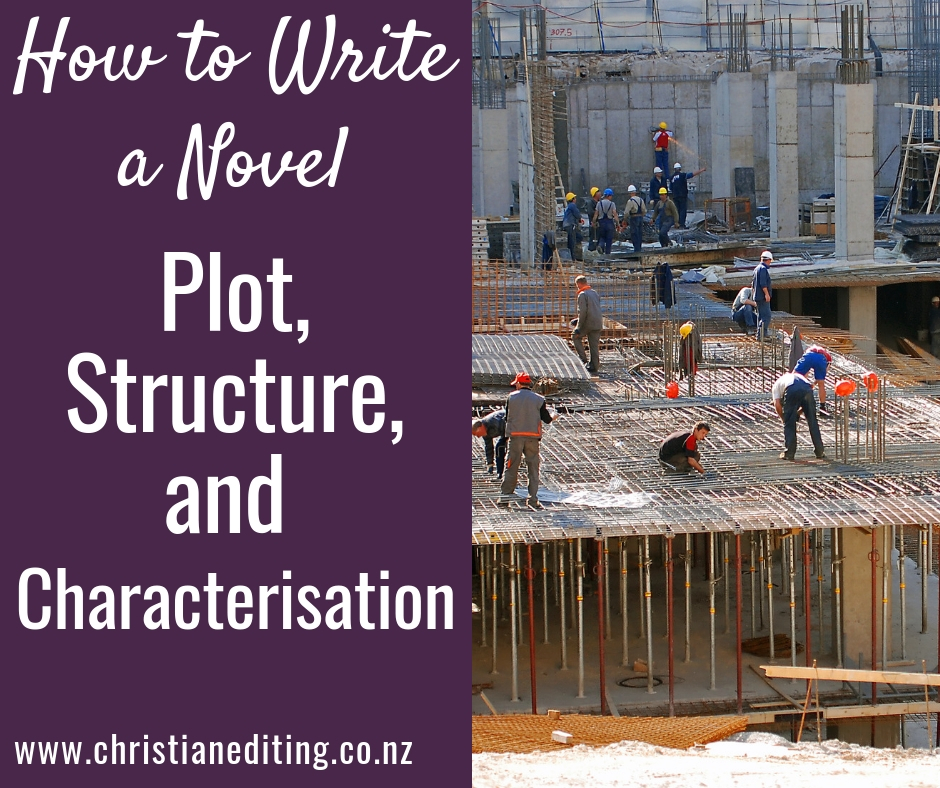The foundations of a good novel are genre (which I discuss here), plot, structure, and characterisation.
If you’re writing (or have just written) your first novel, I suggest reading Tips for writing your first novel.
If you’re writing Christian fiction, you may want to consider these questions:
(And while we’re discussing Christian fiction, Please Don’t Criticise Christian Fiction Writers.)
Plot and Structure
Randy Ingermanson states the essentials of fiction are plot, character, theme and building a credible story world. However, plot and structure are inevitably intertwined, so we will discuss them together.
Another common question is around length:
Structuring Your Novel
There are a range of excellent tools to help authors plot a good story with a structure that doesn’t drag. These include:
- The Snowflake Method by Randy Ingermanson (aka The Snowflake Guy).
- The LOCK Elements from James Scott Bell
- Ten Steps to Story Structure by KM Weiland
- The Six-Stage Structure by Michael Hauge
Here are some of my favourite books on plot and structure:
- Plot and Structure by James Scott Bell
- Write Your Novel from the Middle by James Scott Bell
- Character and Viewpoint by Orson Scott Card
- Scene and Structure by Jack Bickham
- Plot and Character by Jeff Gerke
- Structuring Your Novel by KM Weiland
(Note: these are Amazon affiliate links, but you should also be able to find these books at your favourite online or real-life bookstore.)
Scene Structure
There is also the micro-structure: the scene. Yes, scenes have structure.
Tropes
If you write romance, you may wish to consider which tropes you use, as tropes are a form of plot shorthand:
Characterisation
Finally, there is the all-important question of characterisation.
- What does my character want? (Understanding GMC: Goal, Motivation, Conflict)
- Does my Main Character Have to be Likeable? (No, but it helps.)
What plot, structure, or characterisation questions do you have? Leave a comment, and I’ll do my best to help.

